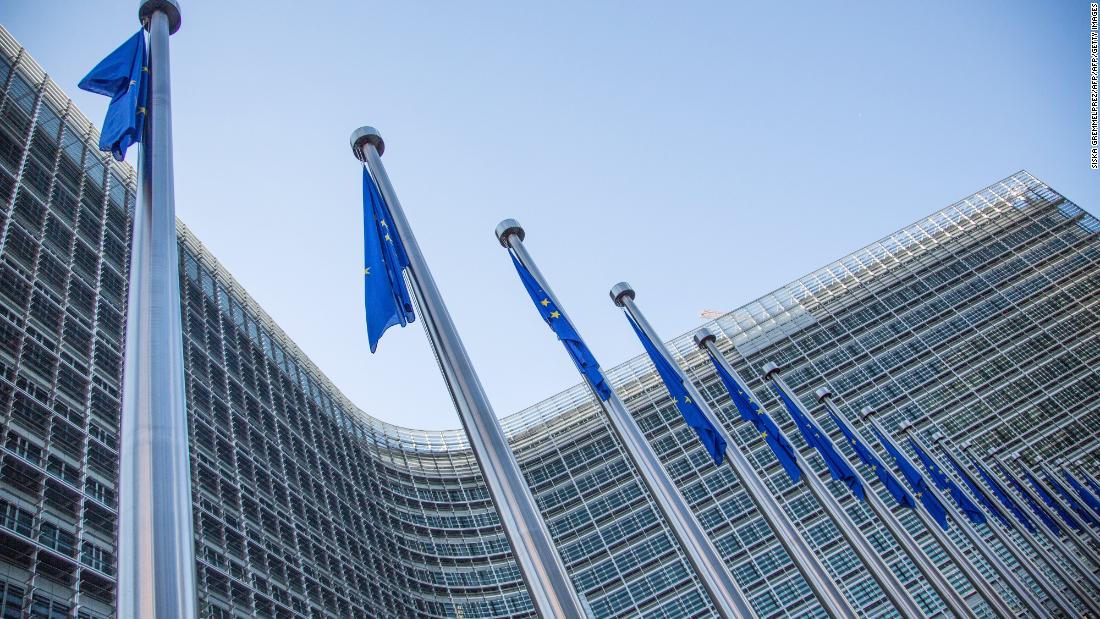
“China is itself a victim of cyberspying and cyberattacks, and China is a defender of cybersecurity,” the statement added. “China stands firmly against criminal hacking activities, and will pursue criminals it according to laws. If there is any evidence, relative departments will investigate.”
The Times said Area 1 supplied more than 1,100 hacked EU cables, a selection of which the news outlet posted online. An Area 1 representative told CNN it would release more information soon.
Based in California, Area 1 was co-founded by three former employees of the US National Security Agency, according to the company’s website.
The communications reveal deep concerns about the Trump administration’s negotiations with China, Russian relations with Western Europe and Iran’s nuclear program.
Though the trove made available by the Times online included many standard reports from diplomats, some documents contain particularly sensitive information — including summaries of private meetings between top EU officials and leaders from around the world.
One cable from July published by the Times about trade negotiations said the US was “behaving as if it was fighting in a no-rules freestyle boxing match” in talks with Chinese President Xi Jinping. It’s unclear who made that characterization.
Trump and Xi reached a temporary truce in the trade war this month, easing investor concerns. But the ceasefire didn’t end the trade war. The tariffs already imposed remain in force and new ones could still be imposed. Washington and Beijing have simply agreed to take time out to talk.
Chinese state-sponsored hackers have repeatedly been accused of targeting Beijing’s adversaries, claims which the Chinese government denies.
This month, a massive 2014 data breach at the Marriott hotel chain — in which 327 million people had their names, phone numbers, email addresses, passport numbers and dates of birth exposed — was reportedly traced back to China.
Cybersecurity firm FireEye last year accused state-sponsored Chinese hackers of attempting to infiltrate a US-built missile defense system deployed in South Korea.
Washington contends that the Terminal High Altitude Area Defense (THAAD) system is a countermeasure against North Korea’s missiles, while Beijing fears its extremely powerful radar could be used to monitor activities inside China.
Source
https://edition.cnn.com/2018/12/19/politics/european-union-hack-intl/index.html